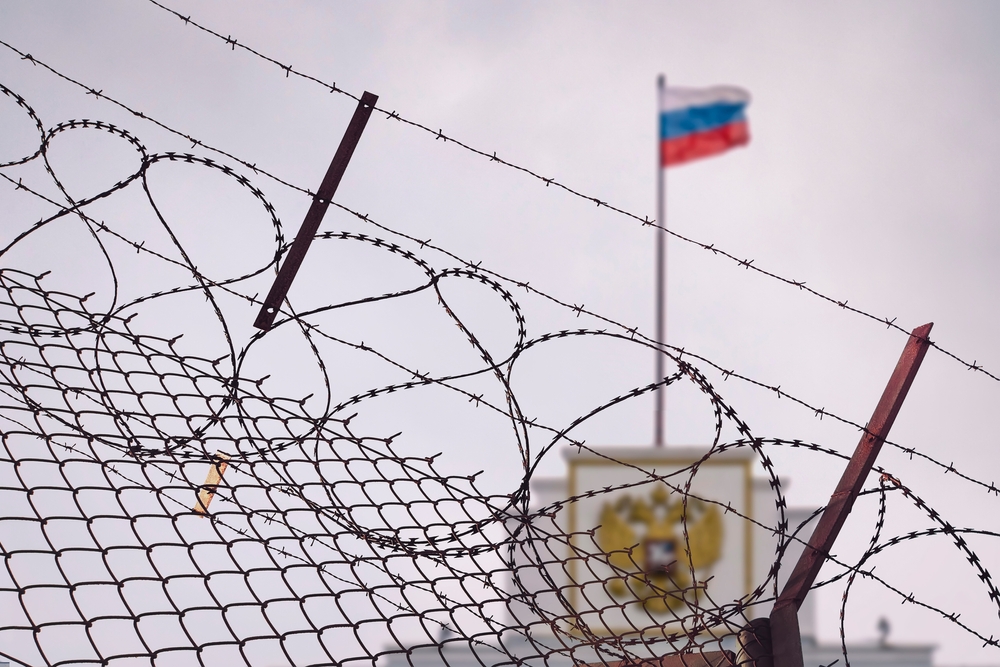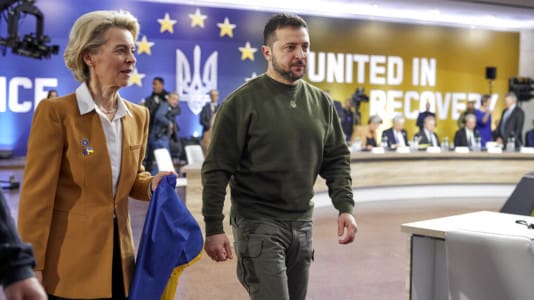The frequency of “human wave” Russian attacks has decreased over the last month, according to anecdotal evidence from Ukrainian troops provided to Britain’s defense ministry.
Russia recruited tens of thousands of convicts from its prison population, promising them amnesty after serving in the war. However, huge numbers of Russian prisoners have effectively been used as cannon fodder to protect Wagner paramilitary personnel during Russian advances into the Donbas.
“Anecdotal evidence from Ukrainian combatants over the last 10 days suggests a reduced Russian reliance on human wave style assaults by Wagner convict fighters in key sectors,” Britain’s defense ministry reported on Friday.
According to figures published by the Russian Federal Penal Service (FSIN) on Jan. 31, the country’s prison population currently stands at 433,000. This figure has plummeted by 29,000 since September last year, with Wagner’s recruitment for the Russian front line believed to be the primary cause.
However, the figures show a drop of just 6,000 since November, leading Western intelligence to believe that there are either domestic obstacles facing Wagner’s recruitment or support for the use of prisoners as human shields has decreased.
“The scale of Russian paramilitary Wagner Group’s convict recruitment program has probably significantly reduced from its peak between summer and autumn of 2022,” a British intelligence update stated on Friday.
“Significant tensions between Wagner and the Russian Ministry of Defense are playing out in public; competition between factions in the Russian elite is likely to be partially responsible for the reduced supply of convicts,” it added.
For those who survived Russian offensives in Ukraine, the Wagner Group began releasing convicted rapists and murderers back into Russian society earlier this month following their six-month contracts.
In a video published by Russia’s Ria Novosti news agency, the leader of the paramilitary group, Yevgeny Prigozhin, could be seen applauding prisoners he claimed had worked their contracts “honorably, with dignity.”
He claimed they should be treated with the “deepest respect” by Russian society following their release, and advised them, “Don’t drink a lot, don’t use drugs, don’t rape women, do not get up to no good.”
Prisoners were offered the opportunity to fight in Ukraine in exchange for early release if they survived, although Russian propaganda naturally played down the true horror of the war and what their role in the Russian invasion would be.
Numerous media outlets have reported firsthand accounts from prisoners captured by Ukrainian troops who spoke of fellow convicts being publicly executed for not charging into enemy fire.






